Alexander Smirnov
THE MARITIME HISTORY OF THE COSSACKS
The author expresses heartfelt gratitude to:
— the staff of the Russian State Naval Archive,
— the staff of the Russian National Library, and personally Alla Nikolaevna Anufrieva,
— the staff of the Russian State Military-Historical Archive,
— Cossack historians: Vladimir Tikhonovich Novikov and Andrey Alexandrovich Glukhov-Vetluzhsky,
— naval historian Vitaly Dmitrievich Dotsenko for their help in collecting materials for this book,
— State Duma Deputy G. Tomchin for sparking my writing of this work through our debates.
From the Author
The book you’ve opened has a contradictory fate. In 2003, it was published in St. Petersburg under the title "Cossacks – A Maritime Estate." It was released as a sponsored project by the "Golden Age" publishing house with a small print run of 1,000 copies. To be honest, about 800 copies reached readers. In the Don Cossack Region, it was met, to put it mildly, ambiguously. It was discussed on television, and reviews were published in newspapers... In 2005, the author was awarded a literary prize dedicated to the 100th anniversary of the birth of M. A. Sholokhov.
But it was also fiercely criticized, with venomous words. For proving the historical roots of the Cossack ancestry of the current Ataman of the Don Cossack Host — this was unpopular. For its content and conclusions which overturned traditional views on Cossack history, especially those held by the leadership of the Museum of the History of the Don Cossacks in Novocherkassk... For calling the Cossacks an "estate," when some Cossacks of the 21st century preferred to call themselves a "nation"... It seemed they were criticizing it just for existing! In bookstores of the Rostov region, it was dismissed like wastepaper — "no place for it." In the Cossack land, it was unwanted. A paradox? A mystery?
Then, in a hot July day in 2005, on the banks of the Don River, near the village of Yelisavetinskaya, the author made a "pagan sacrifice": in despair, he sank 170 copies of the book on Cossack maritime history in the waters of the Cossack river. He swore never to write on this topic again and dropped his hands (both literally and figuratively) as the last book sank beneath the water.
The book on the maritime glory of the Cossacks drowned, sank to the bottom, along with the remains of those it was written about. Its electronic version was also lost. Thus, reprinting it was a great challenge. And then, just when hope had all but drowned...
A mystery? But it seems to me that the drowned book was read "there." By those seafaring Cossacks and their Atamans, whose souls eternally bathe in the waters of the Azov and Black Seas, to where the current of the quiet Don River carried the book. And they approved it. That’s why the Moscow publishing house with the historically-riverine name "Yauza" released it into the world.
Based on the materials of the resurrected book, in Kronstadt, at the site of the Don Cossacks’ victory over Swedish ships, which took place 350 years ago on July 22, 1656, a Russian Orthodox cross was erected in July 2006.
Alexander Smirnov, Sotnik of the Don Cossack Host
I am from the Azov Cossacks
In 1862, my great-great-grandfather, from my father's side, was sent by the Cossack Circle of the Azov Host to Emperor Alexander II to deliver a petition from the Azov Cossacks not to be relocated from the shores of the Azov Sea to the Caucasus, not to be transferred to the merchant class, but to be allowed to remain Cossacks. The Emperor granted the request, and since the 1860s, Don Cossacks — the Vodolatskys — have lived and served Russia near the town of Azov.
The Azov Cossacks are maritime, and in the past were Zaporozhian Cossacks who returned from Turkey to serve Emperor Nicholas I. It is precisely their Zaporozhian roots that explain my surname, which is unusual for Don Cossacks. Surnames among Zaporozhian Cossacks were derived from personal traits, special external characteristics, or distinctions in their occupations. My great-great-grandfather's surname in the mid-19th century was Vodolazsky (later simplified for easier pronunciation). Apparently, the ancestors of this messenger to the Tsar were called "Vodolazy" in Zaporozhye, meaning they could walk (or crawl) well on the sea or underwater. After all, the Zaporozhian Cossacks had a large and victorious navy, which would have been impossible without trained divers among the Cossacks.
And it turns out my great-great-grandfather wasn't the only sailor. All the ancient Cossack Hosts — Don, Zaporozhian-Cuban, Terek, and Yaik — were not steppe-mountain, but maritime peoples. The movement of the Cossacks, from the 14th to the 18th century, went from the sea's shores inland, not from the steppe to the sea.
This and much more can be read in the book by Sotnik of the Don Cossack Host, Alexander Smirnov, "The Maritime History of the Cossacks." It covers and describes the maritime history of the Cossacks from the 14th century to 1918. It turns out that the new history of the Don Cossacks is far from the cavalry myth. That the Don Cossacks gave five admirals to the Russian Imperial Navy, including the Supreme Ruler of Russia, Vice-Admiral A. V. Kolchak (son of a Don Cossack woman and grandson of a Cossack from the Bug Host). That the first Don Cossack to be awarded the Order of St. George of the 4th class in the 20th century was not a cavalry officer, but a Navy lieutenant, M. K. Bakhiriev, who later became an admiral and hero of the Battle of Moonsund. That in 1918, the flag of the All-Great Don Host was created, but unfortunately, it is absent from the Museum of the History of the Don Cossacks. That the Don Cossacks authored a unique military history event: in 1854, at the Taganrog Spit, cavalrymen boarded a British Navy warship. Yet, there is neither a memorial stone nor a cross dedicated to this event.
However, it is possible that this fall, in Kronstadt, a memorial cross will be erected to mark the 350th anniversary of the Don Cossacks' victory over the Swedish fleet in the Gulf of Finland. This project, once again initiated by the author of this book, is under consideration by the Administration of St. Petersburg.
Den magiska konstvärlden
Ansökan om att registrera mitt barn i ________ klass
Rapport om pedagogisk salong "Vivat för Föräldrar!"
Förteckning över närstående personer i det aktiebolag som heter "Centrala Förortspassagerarkompaniet" per den 31 december 2023

 Deutsch
Deutsch
 Francais
Francais
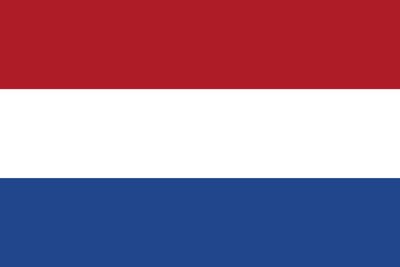 Nederlands
Nederlands
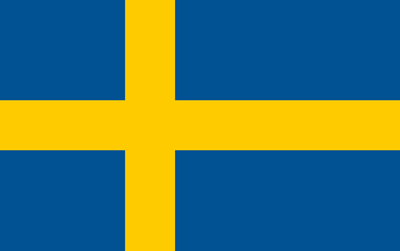 Svenska
Svenska
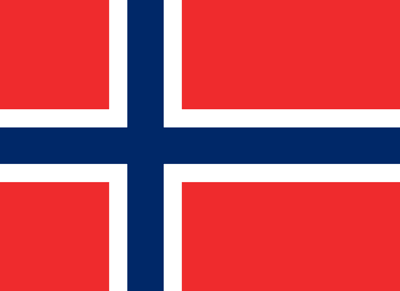 Norsk
Norsk
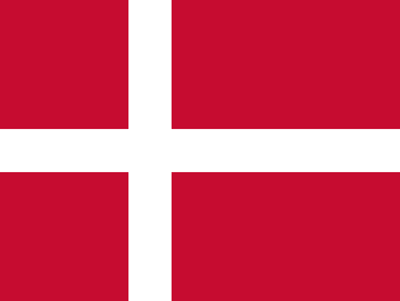 Dansk
Dansk
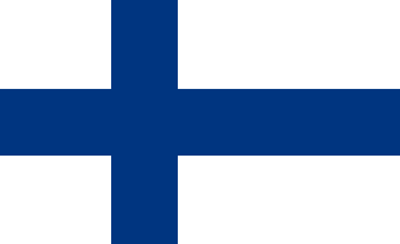 Suomi
Suomi
 Espanol
Espanol
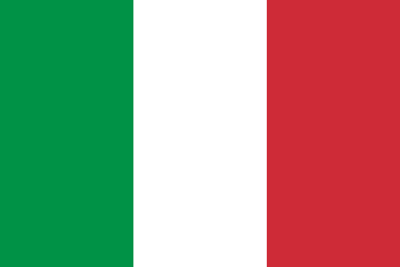 Italiano
Italiano
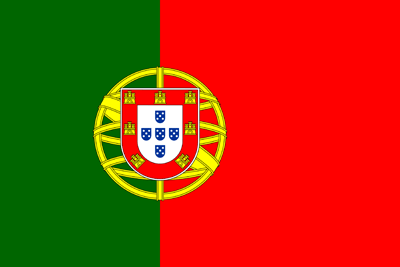 Portugues
Portugues
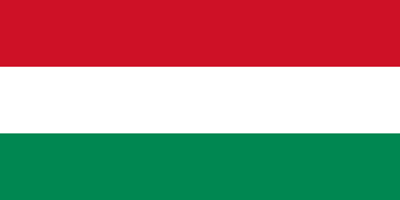 Magyar
Magyar
 Polski
Polski
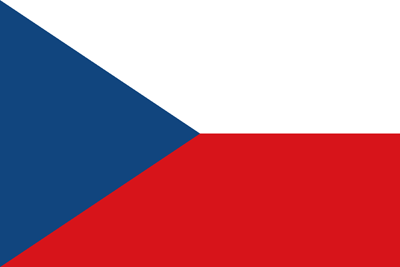 Cestina
Cestina
 Русский
Русский